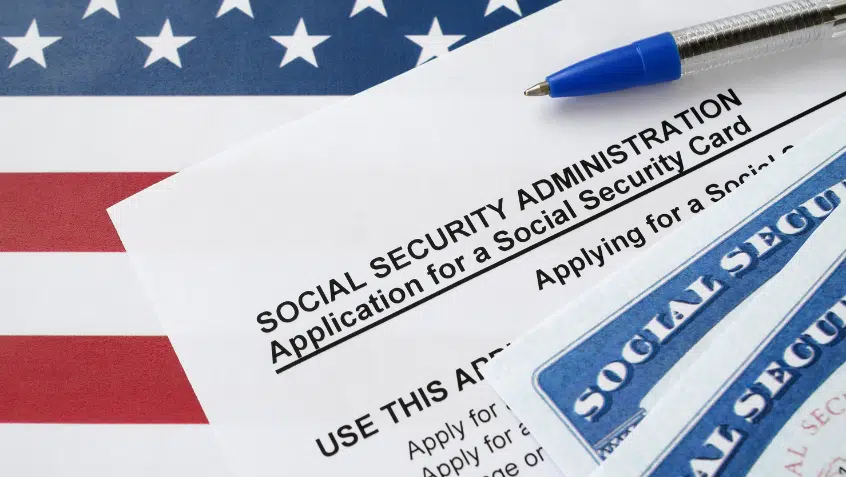
On December 20, Congress passed its tax overhaul package. As expected, the legislation will add $1.5 trillion to the debt over ten years, creating short- and long-term financing challenges for Medicare, Medicaid, and Social Security—and putting those who rely on these programs at risk.
Almost immediately, the tax bill will trigger $25 billion in annual, automatic cuts to Medicare under budgetary rules known as “PAYGO.” While congressional leaders have pledged to waive the PAYGO law and prevent these cuts from happening, they are quickly running out of time to do so in 2017. With only one “must do” item left on this year’s agenda—passage of a short-term spending bill before government funding runs out at midnight Friday—it is possible that Congress will adjourn for the year on Friday without resolving the PAYGO issue.
But this doesn’t mean the Medicare cuts would take effect in 2018. If the waiver is not attached to this week’s spending bill, President Trump plans to wait until January to sign the tax bill. Under procedural rules, doing so would delay the automatic cuts until 2019—giving Congress plenty of time to act.
While Medicare Rights would welcome a PAYGO waiver, it would not be enough to fix this damaging bill. That’s because it still paves the way for even steeper cuts in the future. Lawmakers are expected to use the tax bill’s rising deficits as an excuse to pursue entitlement “reform” as soon as next year – seeking significant “savings” from programs like Medicare under the guise of deficit reduction.
The bill also still jeopardizes health coverage for millions by repealing the Affordable Care Act’s individual mandate. According to the nonpartisan Congressional Budget Office this will cause 13 million people to lose health coverage, while millions more will face increased premiums. People over age 50—who are not yet eligible for Medicare—will be disproportionately impacted by the disruption these changes will have across the health care system.
While we are disappointed by the tax bill’s passage and the threats it poses to Medicare, Medicaid, and Social Security, we will keep fighting to protect and strengthen these and other programs on which older adults, people with disabilities, and their families rely. With your help, we can hold Congress accountable.
Let your lawmakers know you are paying attention! Here’s what you can do:
- Find out how your members of Congress voted on the tax bill by visiting The New York Times tracker.
- Call your members of Congress at 202-224-3121: If your members voted to pass the tax bill, tell them you are disappointed by their vote because the tax bill paves the way for cuts to programs on which vulnerable Americans rely, including Medicaid, Medicare, and Social Security. If your members voted against this harmful plan, thank them for their vote.
This article made possible by generous support from the Retirement Research Foundation.
The Latest
Most Read
Trump Administration and Elon Musk’s DOGE Closing Social Security Offices, Harming Access to Services
Threats to the Social Security Administration and to Benefits Continue to Raise Alarm
New Resources Show House Budget Would Slash Medicaid, Despite Voters’ Support of Program
Federal Government Funding Decisions Loom
Add Medicare to Your Inbox
Sign up to receive Medicare news, policy developments, and other useful updates from the Medicare Rights.
View this profile on InstagramMedicare Rights Center (@medicarerights) • Instagram photos and videos









